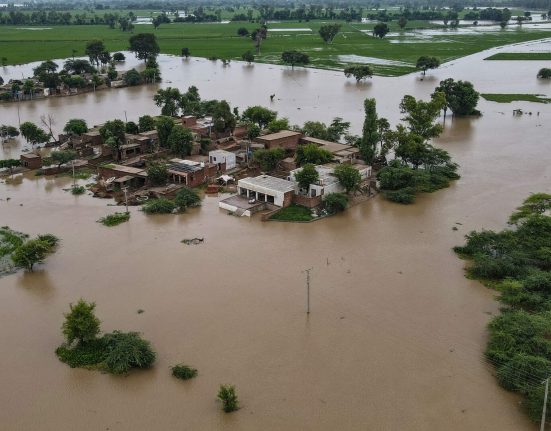by: Akash Lakho
The destruction of the delta is one of the consequences that emerge when an ecological society such as the Indus Delta, situated in southern Pakistan, is rapidly degrading due to human exploitation. In simple terms, the delta’s destruction began with human negligence to appreciating what nature has to offer. The Indus river feeding into the Arabian sea once had the potential to be a water source for agricultural activities. However, recent projects such as the tarbela and manipulate the stream flow, resulting in international problems meng.
Construction of other major projects have also contributed to changing the charcteristic of landscape south of Palkistan. Barrages, canals and government controlled irrigration aqueduct have extensively used Indus river’s water for urban and agricultural purposes, preventing the river from nurtuting satees with any water due to negligence.
Water specialist Dr. Ismail Kumbhar has noted that the Indus Delta is being destroyed for a number of different ways. One primary concern is the rivers debris which includes plastic being irresponsibly dumped and polluting the Arabian Sea. He strongly pointed out that immediate action needs to be taken towards the preservation of the delta because it nourishes agriculture and provides water for countless individuals in the region. Dr. Kumbhar has argued for the complete cessation of disposing plastic and other allied waste into the river and delta.
Other factors include the intrusion of sea water. Since there is little to no fresh water being pushed towards the Arabian Sea, salty water now invades the delta much further and this destroys fertile lands, and makes the groundwater uncontaminated. This has ruined agriculture and displaced thousands of families who used to rely on farming and fishing.
Changes in the climate are continuously shifting the delta’s vulnerability. The damages caused are only worsening with the rise of sea levels, increasing temperatures, and newer weather patterns. Human interference and negligence towards conservation have led to the defloration of Mangrove forests which serve as natural shields against storms and erosion.
Overall, the reduced river flow and secondary diversion of water along with seawater influx, contamination, erosion, and climate change have resulted in the deterioration of the Indus Delta. This imperative region with its ecosystem and dependent communities requires immediate action in the form of sustainable pollution management and delta restoration.
Akash Lakho
The writer is a journalist, especially contributed for the daily Sindh Times.
aakashlakho@gmail.com












Leave feedback about this